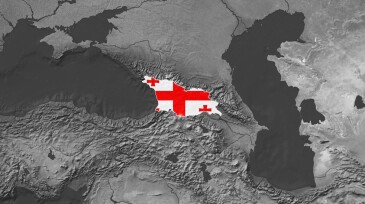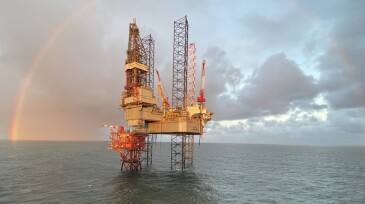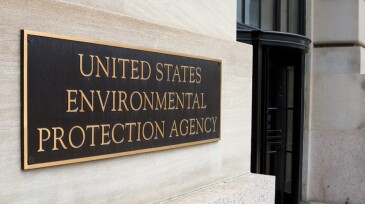HSE & Sustainability
This paper examines the integration of augmented reality headsets in remote operation support, focusing specifically on the challenges encountered, field deployment strategies, and considerations for global scalability and ongoing technology development.
The tools to reduce flaring are well within reach, but the results will depend on a long-term commitment by operators and governments.
This paper reviews the simultaneous supercritical CO2/brine aquifer injection and water-alternating-gas methods for geologic carbon sequestration and proposes a novel integration with saltwater-disposal wells.
-
In the past year, publications on CO2, natural gas, and hydrogen storage have increasingly focused on the design, evaluation, and optimization of storage plans. These efforts encompass a broad spectrum of challenges and innovations, including the expansion of storage reservoirs from depleted gas fields and saline aquifers to stratified carbonate formations and heavy-o…
-
In this paper, the authors review and draw lessons from the many firsts in the Teesside CO2 transportation and storage infrastructure project.
-
Geothermal development is gaining steam and entering a transformative era, driven by breakthroughs in adapting and improving on engineering, drilling, completion, and production technologies to the efficient extraction of heat from the Earth.
-
Block Energy announced the completion of its carbon capture and storage pilot study, confirming the viability of the field for permanent carbon storage.
-
DNV awarded the Abu Dhabi National Oil Company a storage certificate at the endorsement stage for its West Aquifer site.
-
Four former gas-producing wells have been converted into injection wells and are now preparing to receive carbon dioxide for storage.
-
The US Environmental Protection Agency withdraws its legal basis for federal vehicle GHG standards, setting up potential court challenges.
-
A DNV report on decarbonization says the Middle East and North Africa region is expected to become the world’s largest hydrogen exporter by 2060 while maintaining a dominant position in global oil and gas markets.
-
The planned facility was designed to process 34 MMcf/D of associated gas into fully refined gasoline.
-
The newly named MTS brings together the full methane ecosystem, end to end—connecting technology, data, operations, and assurance across upstream, midstream, and beyond.
Page 1 of 290













